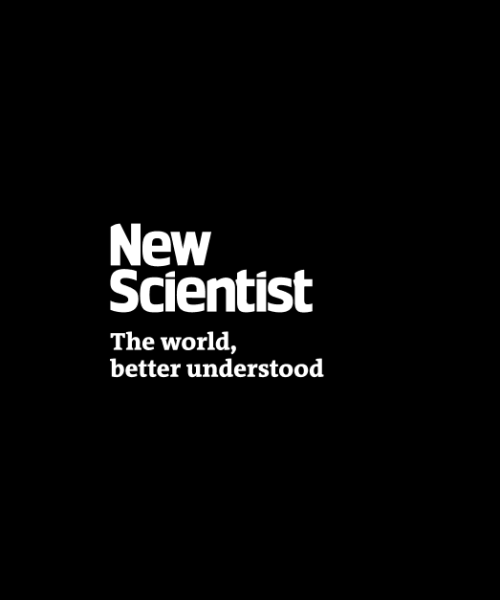
jonkrause.com
LIFE, it could be argued, is like a long game of blackjack. In one common version of this, each person is initially dealt two playing cards. The aim is for your hand to add to 21, or as close to this as you can get without busting. Players can either “stick” with their existing hand or “twist” – asking to be dealt another card to add to their total. The risk, of course, is that you exceed 21 and are eliminated.
This may sound far removed from everyday choices, but many of our most important life decisions boil down to such dilemmas. Should I stay put or take the leap and move house? Should I remain in my job or start my own business? Should I put up with an unsatisfying relationship or try my luck at love another time? In each case, we must weigh the security of what we have against a riskier, but potentially more rewarding, alternative.
The inherent uncertainty of these dilemmas leaves many of us dithering in analysis paralysis, so that we end up lingering in the status quo, never giving ourselves the chance to win big. Some people, in contrast, are too easily swayed by the lure of the new: they gamble too readily, until their impulsive behaviour has lost them everything. If either of these scenarios sounds familiar, help may be close by. Thanks to a growing understanding of our underlying cognitive biases and how to escape them, we now have evidence-based strategies to think about these quandaries more rationally – and so play the hand life has dealt us to our best advantage.
…





